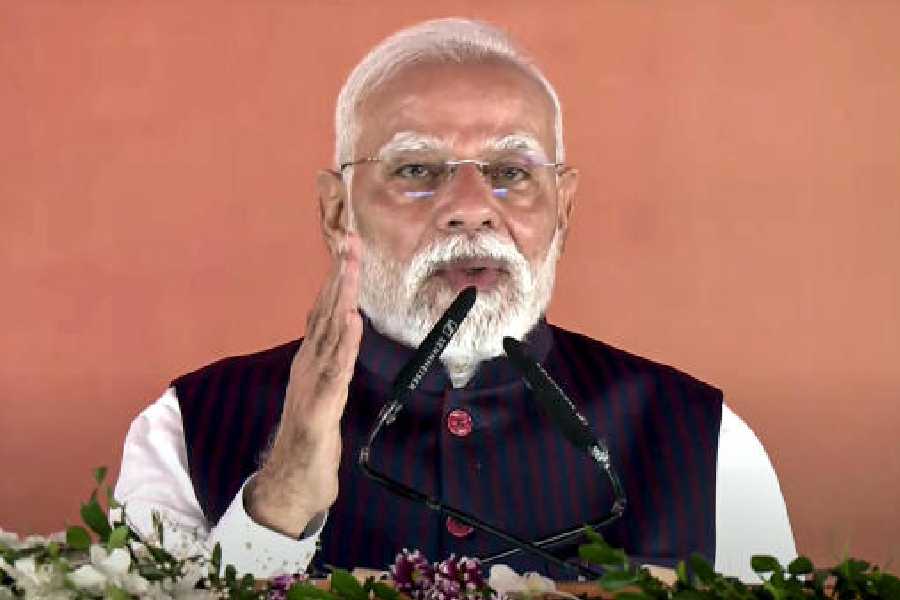India on Tuesday welcomed US President Donald Trump’s 20-point Gaza peace plan, with Prime Minister Narendra Modi taking the lead in commenting on it rather than leaving it to the external affairs ministry.
“We welcome President Donald J. Trump’s announcement of a comprehensive plan to end the Gaza conflict. It provides a viable pathway to long-term and sustainable peace, security and development for the Palestinian and Israeli people, as also for the larger West Asian region.
“We hope that all concerned will come together behind President Trump’s initiative and support this effort to end conflict and secure peace. @realDonaldTrump @POTUS,” the Prime Minister posted on X, repeating this through the day in half a dozen languages, including Hebrew, Arabic, Chinese and Russian.
In welcoming Trump’s peace plan, which offers no clear pathway to Palestinian statehood, India joined several countries in Europe and the Middle East, including the UK, France, Italy, UAE, Qatar, Saudi Arabia, Egypt, Jordan and Turkiye, besides Pakistan.
Subject to Hamas accepting the proposal that was agreed upon after Israeli Prime Minister Benjamin Netanyahu apologised to Qatar for the military strikes in Doha that killed a Qatari national earlier this month, the peace plan envisages Israeli hostages — dead or alive — being returned within 72 hours, de-radicalisation of Gaza and dismantling of Hamas networks including the tunnels, and Israeli troops withdrawing to agreed lines within Gaza besides returning Palestinian prisoners.
The external affairs ministry did not respond to questions on how the peace plan reconciles with India’s long-standing advocacy of the two-state solution to the Palestinian issue. Trump’s peace plan is vague on the question of Palestinian statehood.
All it says is: “While Gaza re-development advances and when the PA (Palestinian Authority) reform programme is faithfully carried out, the conditions may finally be in place for a credible pathway to Palestinian self-determination and statehood, which we recognise as the aspiration of the Palestinian people. The United States will establish a dialogue between Israel and the Palestinians to agree on a political horizon for peaceful and prosperous co-existence.”
Commenting on India’s reaction to Trump’s plan, former foreign secretary Kanwal Sibal wrote on X: “For purely diplomatic reasons, this plan is being supported. A lot has to do with pleasing Trump.”
Sibal said: “The plan is based on the assumption that the various steps that are envisaged and all the uncertainties surrounding them can be controlled. This seems a paper exercise that raises many questions that cannot be easily addressed. There is a great deal of fluidity in the plan.
“At any time disputes can arise about lack of implementation in good faith, unsatisfactory or partial implementation etc. With the tortuous history of the Israel-Palestine conflict, the wounds inflicted over decades, the extremists on both sides, the asphyxiation of Palestinian aspirations a solution is not going to be easy.
“The linkage to Israeli policies in the West Bank has been totally ignored. The linkage to Israeli actions in Lebanon especially and Syria too cannot be ignored if a stable and comprehensive solution is to be achieved. Leaving the entire process to run through under Trump’s direct watch does not inspire confidence given his unpredictability and proclivity to change course.
“Real estate ambitions should not vitiate the objectives of the peace plan. No UN role. This plan is a shot in the dark. Peace in the region is needed and should be welcomed but there are too many conflicting views and interests and reconciling them will be very difficult.”











